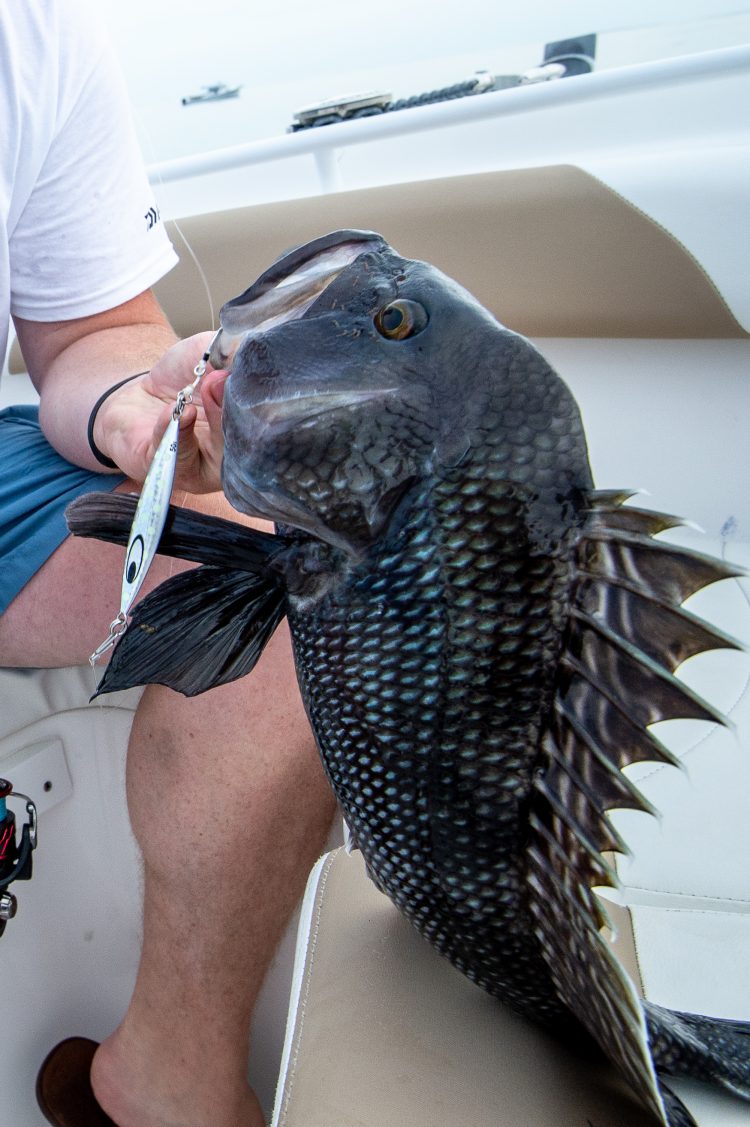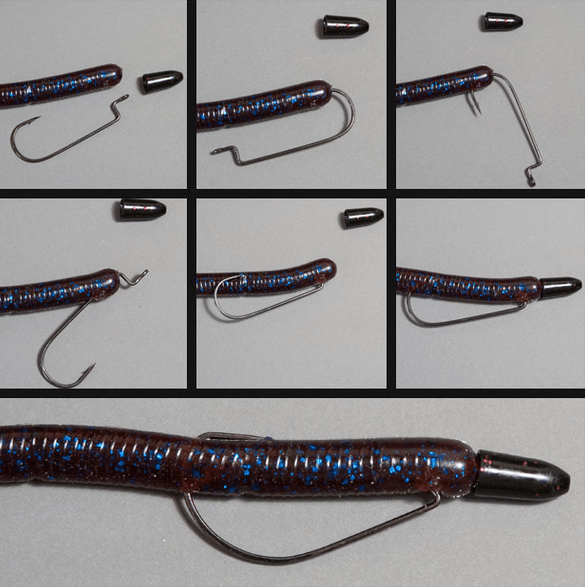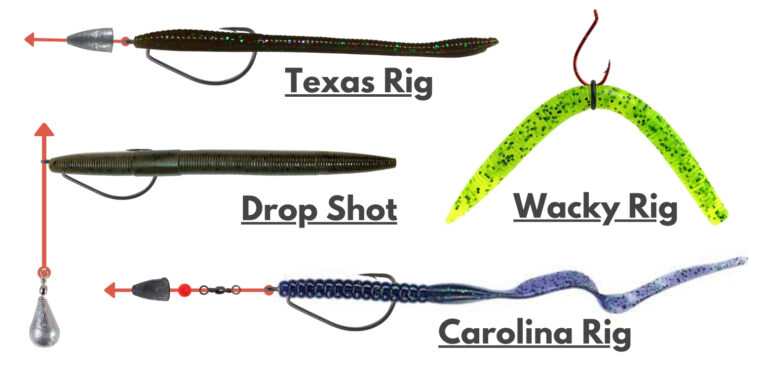How Many Bass Can You Keep
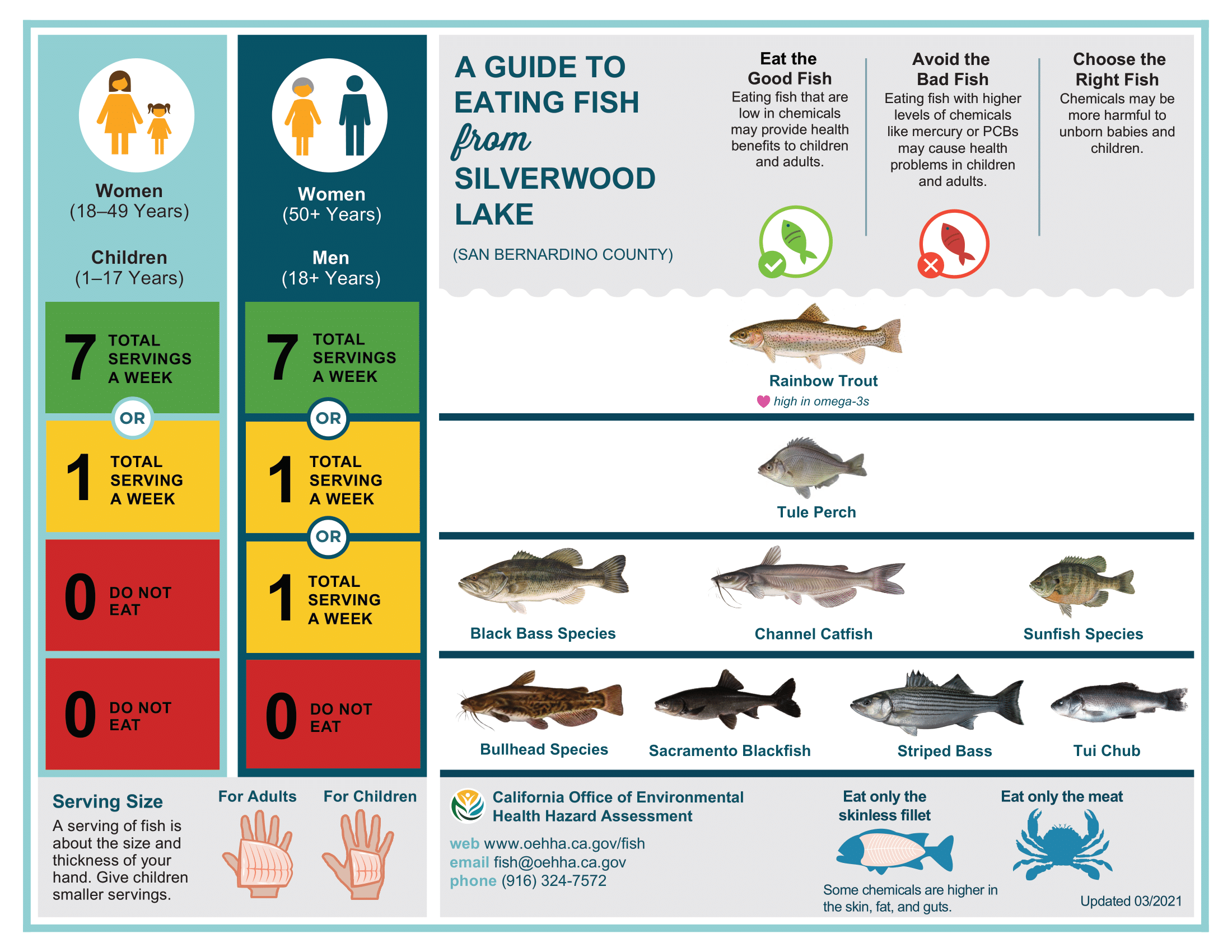
The number of bass you can keep varies by location and regulation. Specific limits depend on state and local fishing laws.
Understanding bass fishing regulations is crucial for both preserving ecosystems and enjoying a productive angling experience. Fishing laws, including quantity limits, known as “creel limits,” are set to ensure sustainable fishing practices and to prevent the overharvesting of bass populations.
Anglers must check with their local wildlife agencies to stay updated on the current regulations, which may change annually or seasonally. Catch limits and size restrictions often vary, not just by state, but also by the type of water body. Adhering to these guidelines helps maintain healthy bass stocks for future generations of fishermen. Always consult the relevant fishing regulations before you head out, to keep your outdoor adventure within legal bounds and to help protect the fish species you enjoy pursuing.
Bass Fishing Limits: The Basics
Knowing the legal size and bag limits for bass is a must for anglers. Different states have different rules. Always check local regulations before fishing. A common bag limit is five bass per day.
Seasonal variations can affect these limits. Some places might allow more bass in summer. Others might have special rules for spring or fall. Always update yourself with the seasonal changes in regulations.
State By State Breakdown
The number of bass that anglers can keep varies from state to state. Each state sets its own limits and regulations, which can often change annually. To help you understand the diversity of fishing laws, we’ll examine two extremes.
Texas imposes relatively lenient bass fishing regulations. Anglers may keep up to five bass per day. The state also has no minimum length limit on largemouth bass in most waters.
In contrast, California enforces some of the strictest rules. Certain waters in California have a minimum size limit of 12 to 15 inches. Furthermore, anglers can only keep two to five bass per day, depending on the body of water.
Understanding The Reasons Behind Limits
Conservation Efforts are vital for ensuring thriving bass populations. Bass limits protect young fish and maintain a balanced ecosystem. Such measures help in preserving biodiversity and preventing overfishing. It is essential that all anglers respect these rules to support fisheries for future generations.
Sustainable Fishing Practices include catching only the amount you need. They also mean following the legal size and bag limits set by local regulations. This promotes the health of bass stocks and ecosystem stability. Responsible practices are the cornerstone of long-term fishing enjoyment.
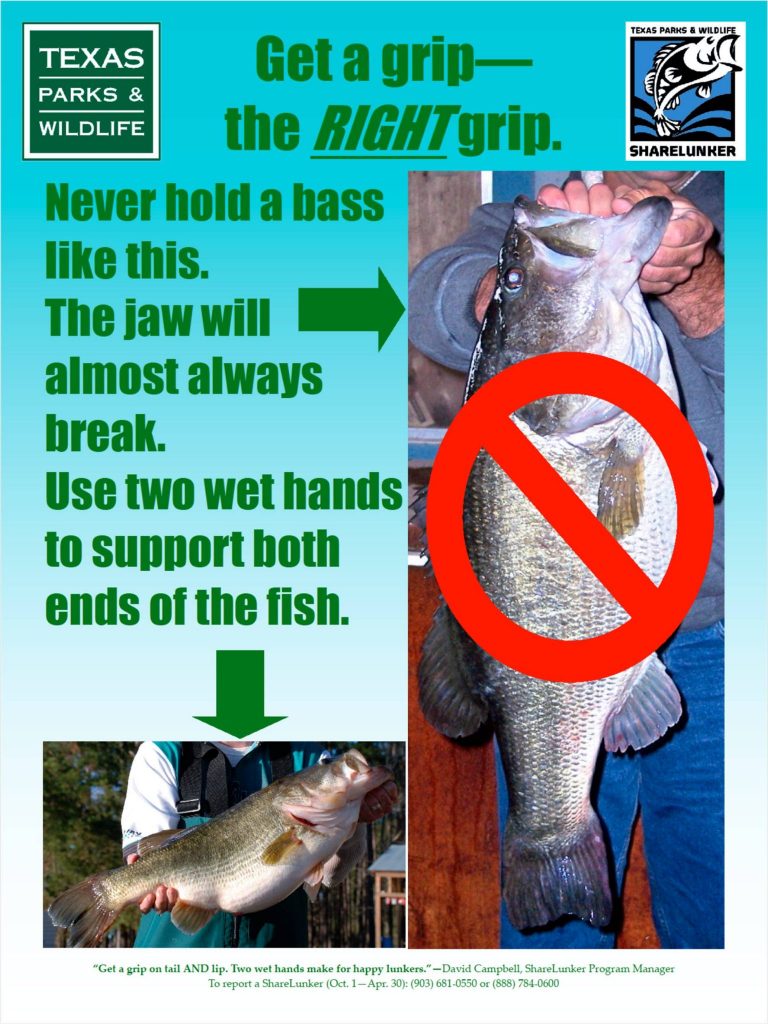
Credit: magazine.outdoornebraska.gov
Consequences Of Overfishing
Overfishing leads to fewer bass in our lakes and rivers. This makes it hard for bass to survive and grow. Young fish may not have enough food or room to live. The balance of the whole water world can change because of this.
Plants and animals that live with bass can also have trouble. Some may have too many to eat, while others might not find enough food. This upsets the natural order and can harm our environment. We must act now to protect our fish and waters. Remember, every fish counts for a healthy nature.
Penalties For Non-compliance
Failing to follow the rules for bass fishing can result in hefty penalties. Anglers found breaking the law may face significant fines or even legal action. These strict consequences serve as a deterrent to potential violators.
Enforcement of fishing regulations is critical in maintaining healthy fish populations. Authorities closely monitor water bodies and penalize those who overfish or keep underage or oversized bass. Such measures are essential for the sustainability of fish stocks and the protection of aquatic ecosystems.

Credit: m.facebook.com
Tips For Responsible Bass Fishing
Responsible bass fishing is key for conservation. Use barbless hooks to minimize harm. Handle fish with wet hands or use rubberized nets. This helps to keep the fish’s slime coat intact, protecting it from disease.
Proper fish handling matters. Hold a bass horizontally and support its weight. Never grip by the mouth and hang vertically, as this can damage its jaw. Quick returns to the water are essential. The faster the fish swims away, the better its chances of survival.
Choose the right gear for the fish’s size. Use tackle that matches the bass you’re targeting, to reduce fight times. You should have applicable fishing licenses too. Knowing local regulations helps in keeping the right number of bass. Make sure you’re informed about catch limits before heading out.
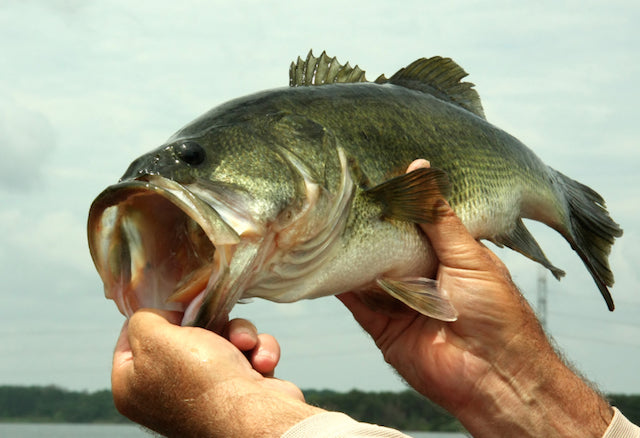
Credit: www.fishingonline.com
Frequently Asked Questions On How Many Bass Can You Keep
What Size Bass Can You Keep In Texas?
In Texas, the legal size for keeping bass varies by species. Generally, largemouth bass must be at least 14 inches. Always check current regulations, as rules can differ by water body.
What Is The Smallest Bass You Can Keep?
The smallest legally keepable bass size varies by location and species, typically ranging from 12 to 18 inches. Always check local fishing regulations for exact measurements.
How Big Can You Keep A Largemouth Bass?
A largemouth bass can grow up to 29. 5 inches in size and may weigh over 25 pounds. Local regulations often determine the legal keeping size.
What Is The Fish Limit In Texas?
The fish limit in Texas varies by species, with regulations set by the Texas Parks and Wildlife Department. Daily bag and size limits apply; check the current rules for specific details.
Conclusion
Understanding your local regulations is key to sustainable bass fishing. Make sure to check the current limits and sizes before you head out. Remember, responsible catch and release practices contribute to healthy fish populations for future anglers. Enjoy your angling adventures, keeping conservation in mind.
Happy fishing!

